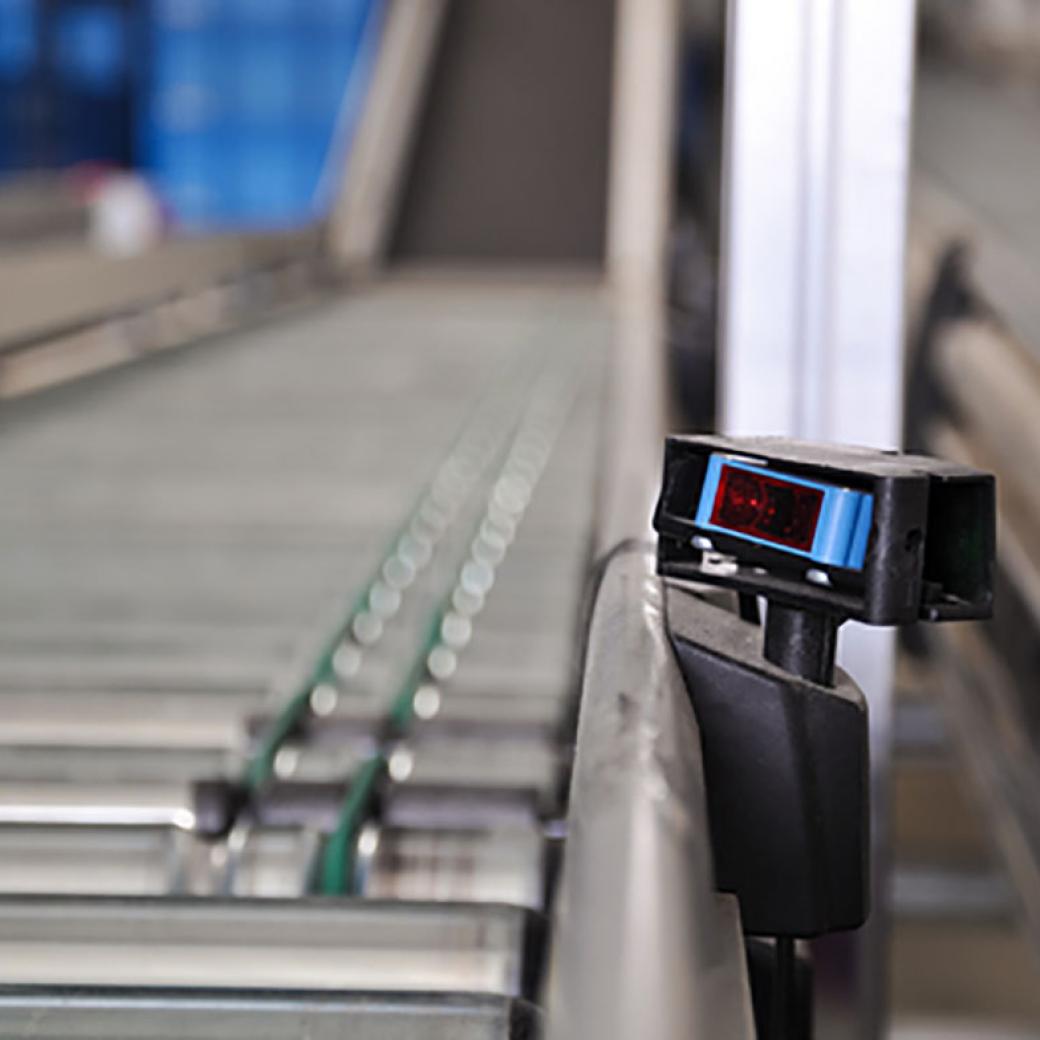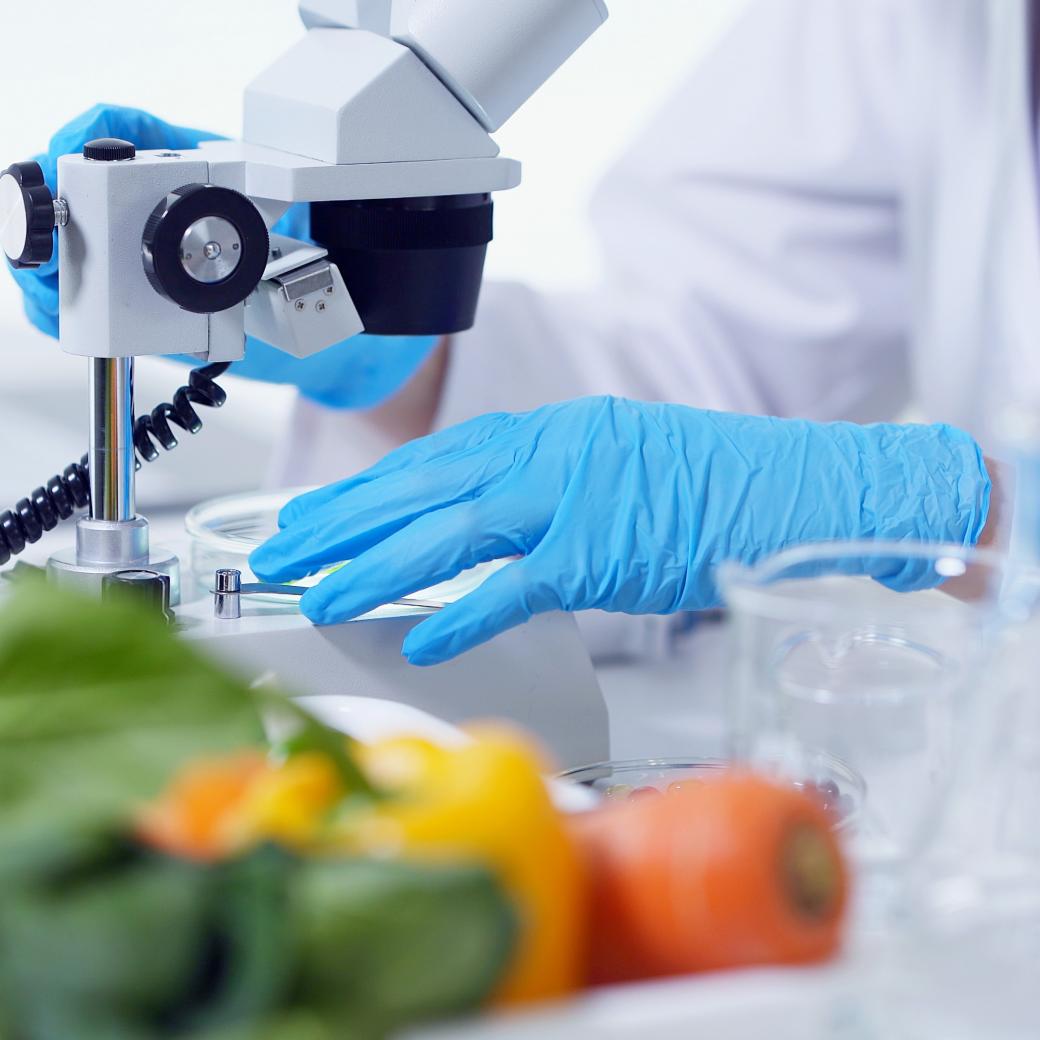SIPORE
With support of:

Investigating the opportunities of the SIP biosensor and nanopore DNA sequencing for microbiological analyses in the agri-food industry.
Why this project?
Microbiological analyses are key for any food company and their importance is growing due to increasingly strict food safety regulations in the EU, export requirements and extra-legal demands in specifications. Control organisms are also making increasing use of high-performance technologies such as Whole Genome Sequencing (WGS). Moreover, in-house microbiological analyses are essential in the process and product quality control of food companies that produce fermented products. This is especially important in complex fermentations involving a population of micro-organisms or when background microbiota are present in the product.
However, new developments in biosensor and DNA sequencing technology offer agri-food companies opportunities to conduct microbiological analyses on site at an unprecedented level, in terms of detection, quantification and characterisation. In this respect, two advanced technologies are promising: the SIP biosensor system, developed at KU Leuven, and the Mini DNA sequencing system, developed using technology from Oxford University. Electrochemical SIP biosensors consist of chips containing a receptor layer (coating) of surface-imprinted polymers that are functionalised to bind a specific micro-organism (whole-cell receptors). In a previous proof-of-concept study, such chips were made using lithographic techniques and the specificity of the interaction with the model organisms E. coli and Saccharomyces cerevisiae was determined using a heat transfer method. The Mini DNA sequencing system, marketed as MinION by Oxford Nanopore Technologies, can determine DNA sequences much faster and more conveniently.
Research approach and expected results
SIPORE is a collective, fundamental research project (type SBO) which aims to offer the opportunities provided by the SIP biosensor and nanopore DNA sequencing for microbiological analyses in the agri-food industry. This is realised by delivering proof-of-concept, monitoring and targeting their performance, optimising protocols and conducting further research to bring their practical application close to the business.
Specifically, the study consists of the following parts:
Studying the possibilities of the SIP biosensor system centrally to detect and quantify bacteria important for the food industry (food safety and fermentations). At the same time, techniques are being researched that will allow the SIP chips to be produced on a large scale and a regeneration protocol for reusing the chips is being finalised. Research is also being carried out to perfect the measuring principle and make it even more sensitive. This will result in two new demonstrators which will be used to conduct thorough lab validation studies.
Studying the possibilities of the MinION sequencing system for characterisation of target organisms down to subspecies level. Strains of Salmonella and L. monocytogenes serve as models because internationally accepted typing schemes exist for them. Both single and mixed communities will be tested. Minion will thus be 'benchmarked' against Illumina DNA sequencing. Bioinformatic analyses will be performed on assembled genomes to gain insights into the genome architecture and to find out which relevant and interesting genes can be detected.
Gaining insights into the possible coupling of the SIP biosensor system with the MinION sequencing system. This includes trying to develop mild protocols to release retained cells alive from the SIP receptor layer and optimising DNA extraction protocols.
Target group
Since microbiological analyses are important for all food companies, this cSBO project is relevant for all companies across the entire agri-food sector. SIPORE is laying the foundation for further application-oriented developments of the SIP biosensor system that will bring it close to implementation in practice. The project also provides companies with insights into the possibilities of MinION nanopore DNA sequencing for point-of-care microbiological analyses and provides practical knowledge for getting started. The combination of SIP technology with portable DNA sequencing devices could represent breakthrough technology that allows companies to perform microbiological analyses down to the strain level on the 'shop floor'.
In short, the valorisation perspective of the project lies in the fact that it will enable average agri-food companies to perform microbiological analyses 'on site' at an early stage, quickly, practically and without large investments, and this at a level and content that is currently not possible. In the long run, this will make it possible to reduce recalls, product rejections and foodborne outbreaks.
Project partners
Flanders’ FOOD manages and coordinates the research project. Responsibility for the execution lies in the hands of:
- Unit of Physics of Soft Matter and Biophysics (ZMB) of the Department of Physics and Astronomy, Faculty of Science of KU Leuven (Prof. Dr. Patrick Wagner)
- Technology and Nutrition Unit of the Institute of Agricultural, Fisheries and Food Research (Prof. Dr. Marc Heyndrickx)
- Unit Livestock Gut Health Team Ghent (LIGHT) of the Department of Pathobiology, Pharmacology and Zoological Medicine, Faculty of Veterinary Medicine, Ghent University (Prof. Dr. Gunther Antonissen and Prof. Dr. Filip Van Immerseel)
Participation?
SIPORE starts on 1 April 2022 and runs until 31 March 2024. Are you interested in this project? Good news! We are still looking for companies that would like to be part of the Industrial Advisory Board, hear the project results first-hand and, in turn, be able to discuss them critically with the SIPORE researchers from an industrial application point of view. This increases the guarantee that the results will be of direct use to industrial stakeholders. Please contact Steven Van Campenhout at Flanders' FOOD for more information.
Contactpersoon

From apple tree to innovation: meet B3ET

Sustainable animal feed from sweetcorn cobs: meet Trotec






